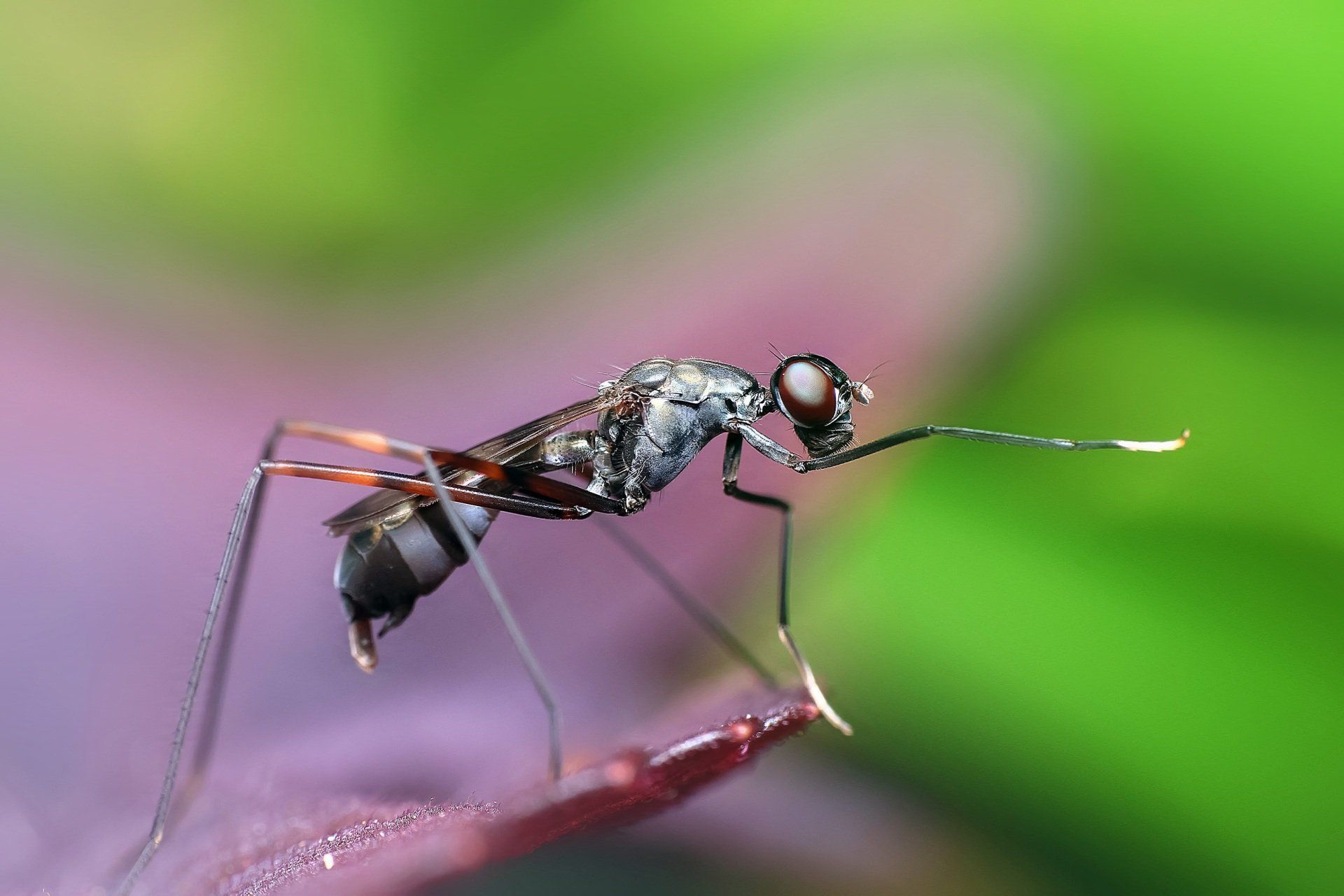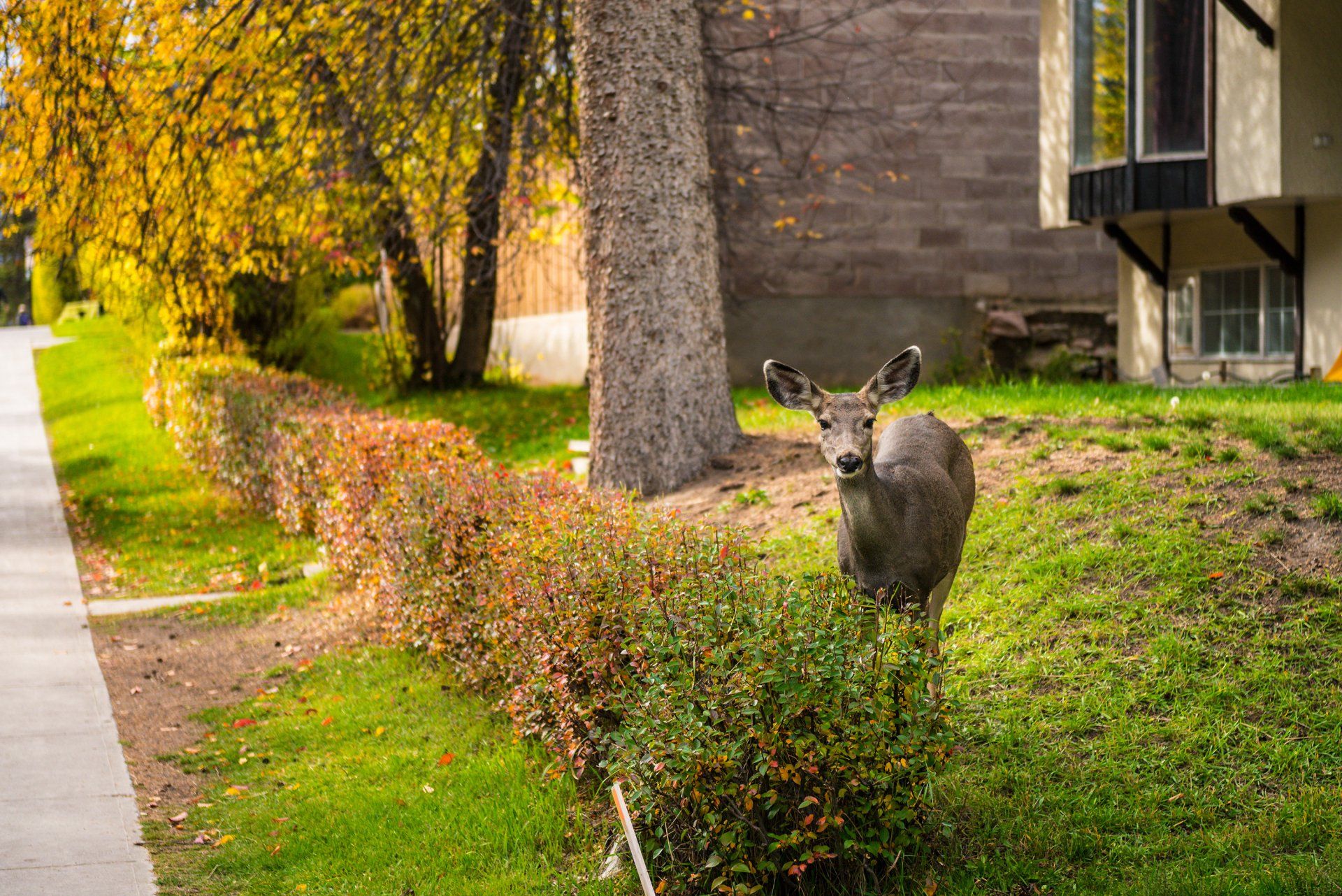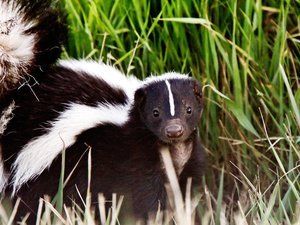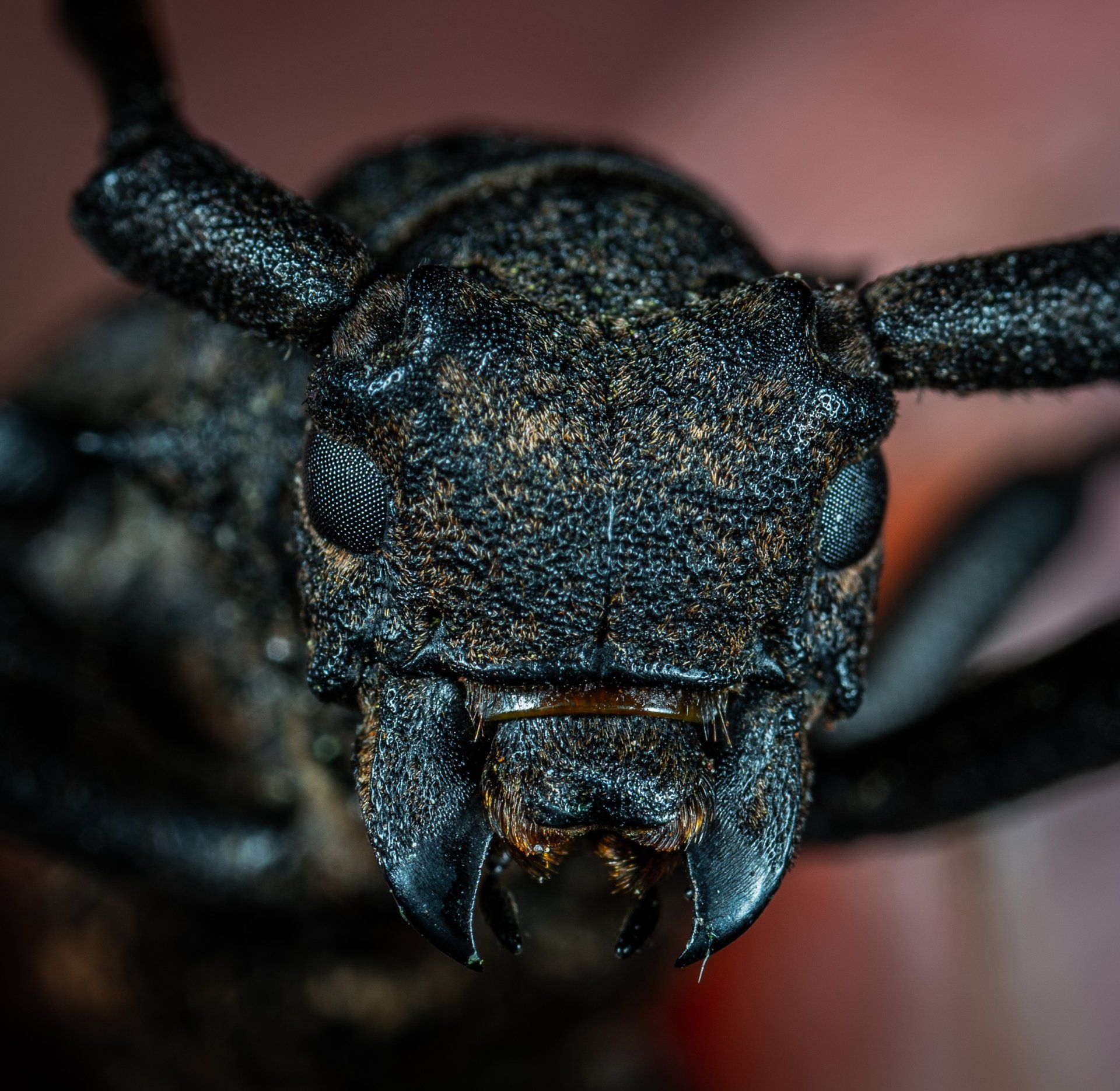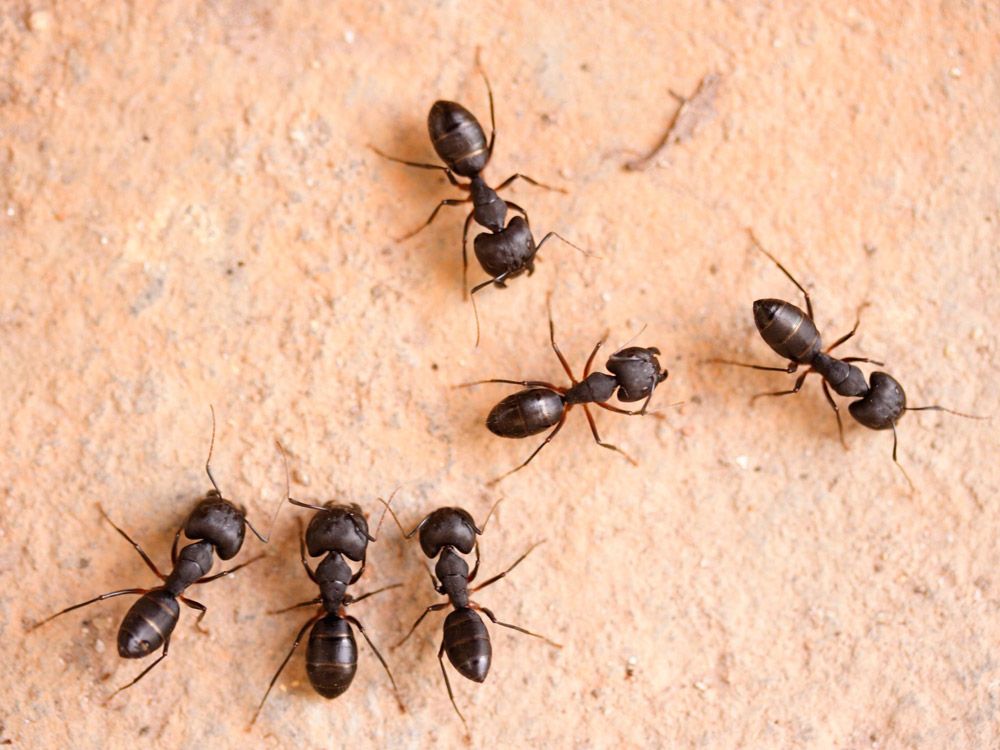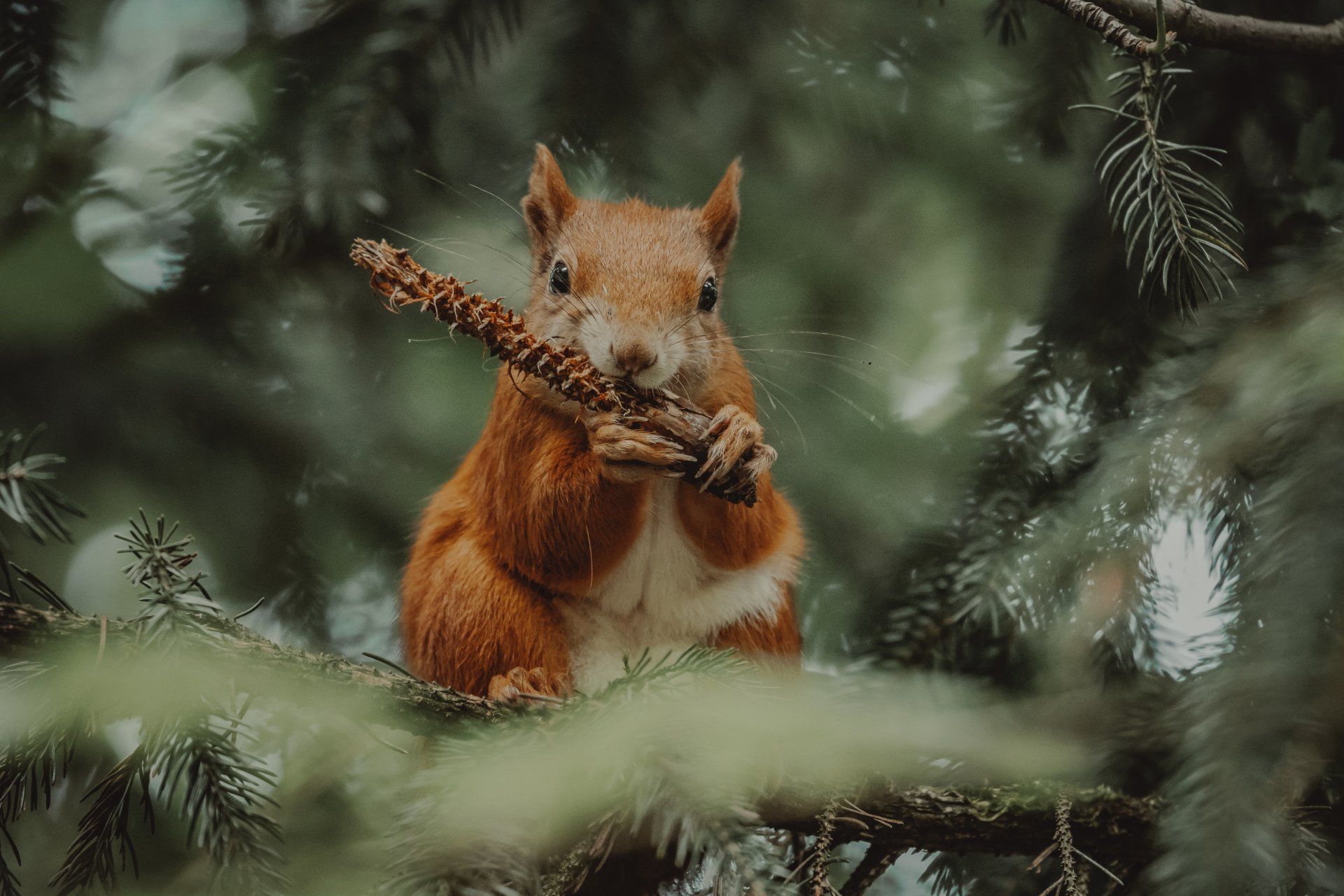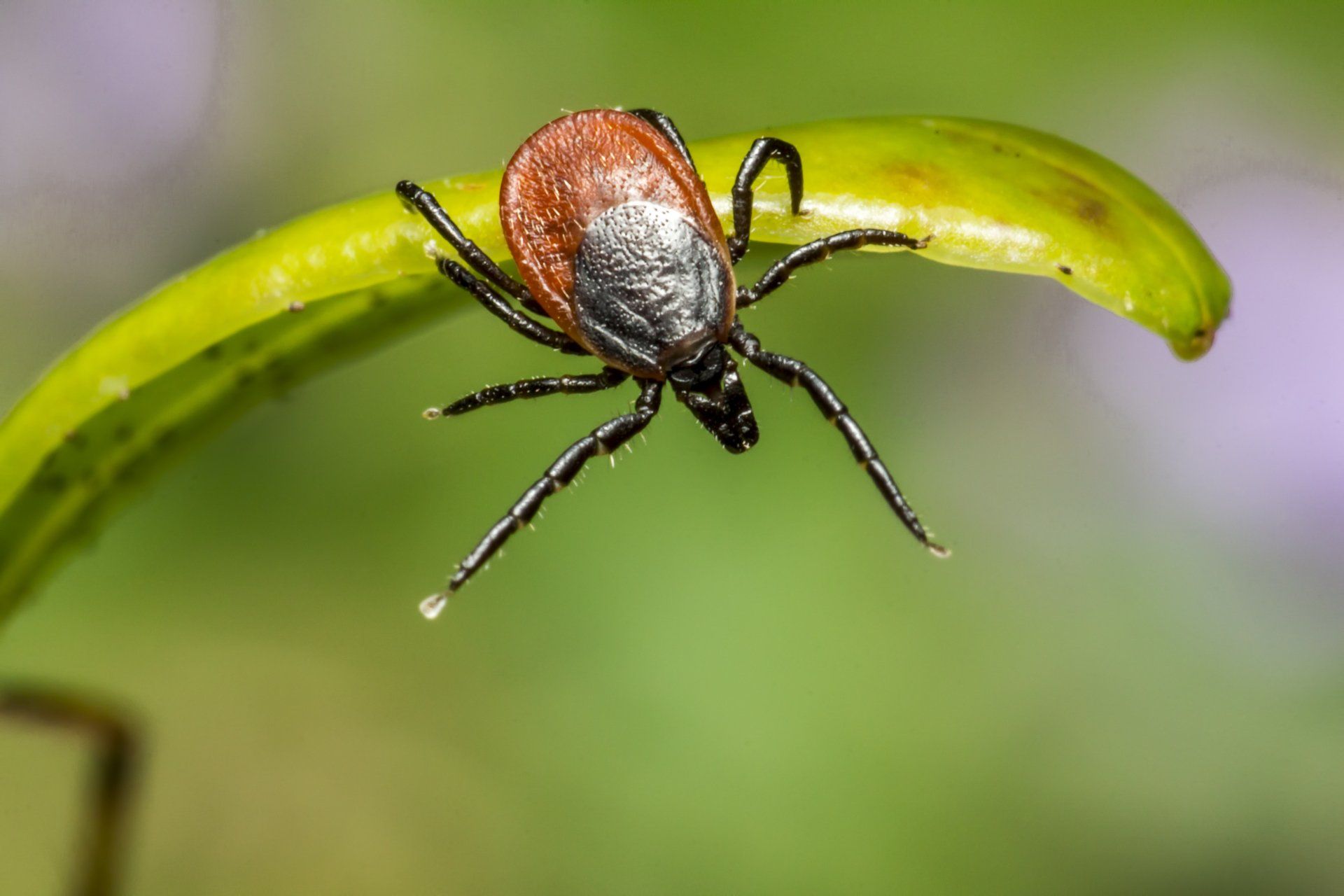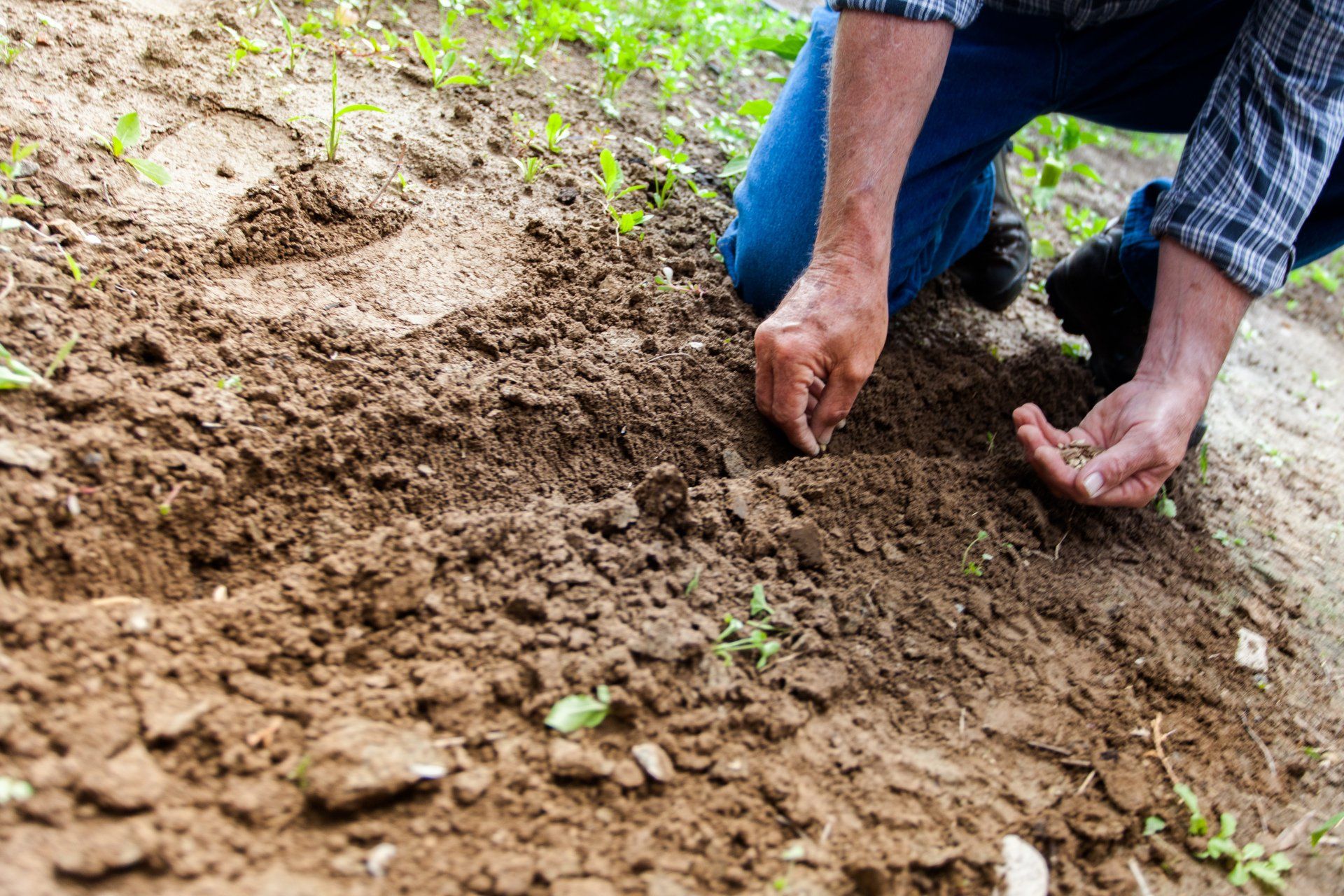Do You Have Bats or Mice? How to Identify Common Animal Droppings
Understand which type of animal poop is in or around your home.
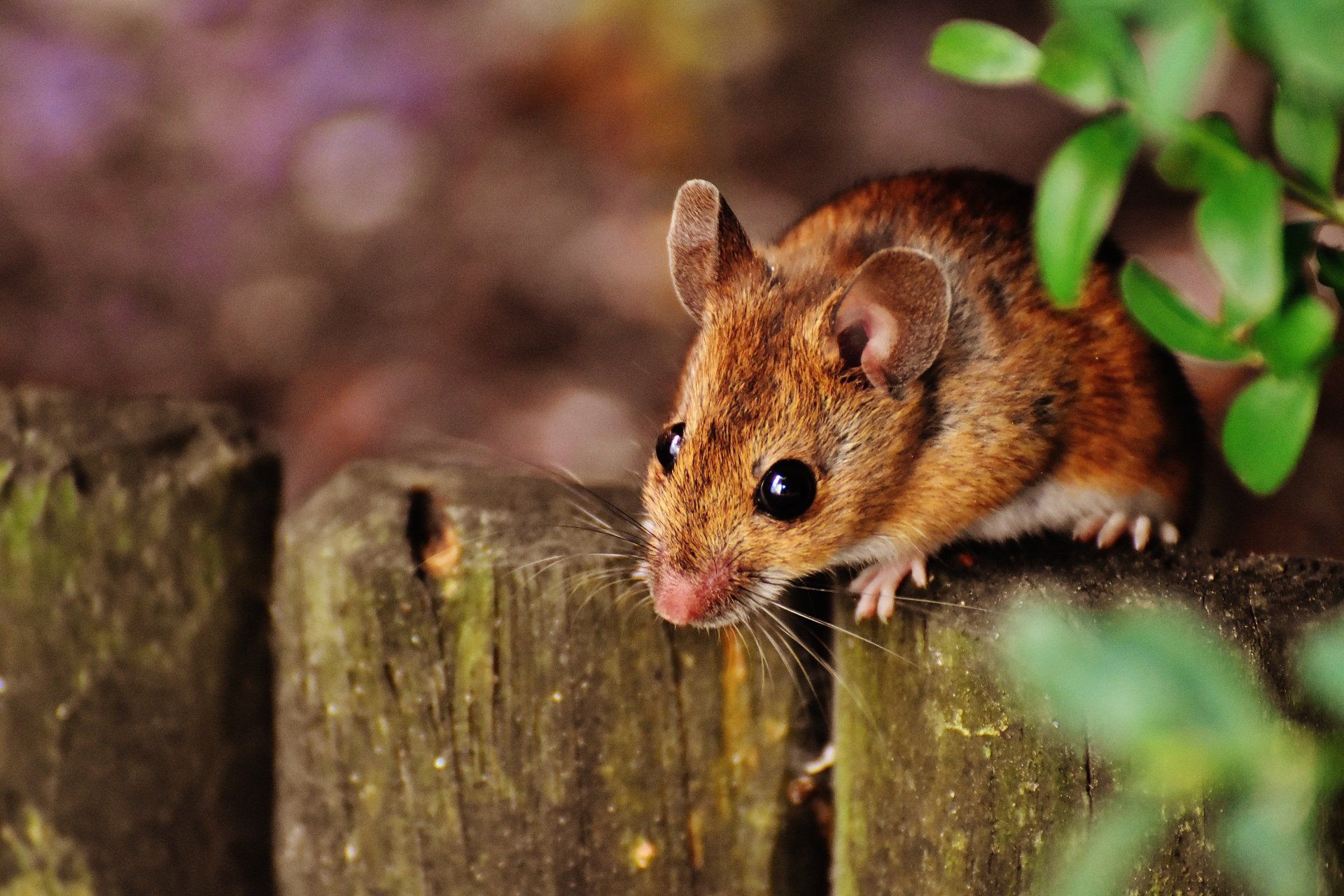
It’s unsettling to find random animal droppings in your attic or on your back porch (or worse — in your pantry). You may find yourself wondering if it’s bats or mice infesting your house, looking for a solution.
As you prepare to call a professional pest removal service in Sparta, NJ, you can begin by identifying the type of excrement. This can help a
pest removal company create a customized pest-removal plan.
Since bat and mouse poop is small, telling the difference can be tricky. But there are noticeable differences you can look for. If you suspect you have some type of infestation, it’s important to take it seriously, as animal droppings can contain a host of dangerous pathogens. If you’re still unsure about the type of pest that’s hanging around your house, call in the pros and they can tell you what’s lurking around.
What Does Bat Poop Look Like?
If you think you see bat poop, you’ll want to check for several things. Keep in mind that bat poop contains all different types of pathogenic
microorganisms and can make you or your family and pets very sick, so don’t touch it or breathe it in.
Bat guano also falls to the ground mid-flight, along with urine. Bats can quickly contaminate any area they’re in contact with, which is why you need to ensure you’re taking all steps to keep them away from your property. When bats enter your home, their feces may quickly accumulate inside ceilings or in between walls or floors, depending on where they roost.
Bat droppings look different than rodent droppings. Bat guano crumbles easily. It’s also granular and since it breaks apart easily, you’ll notice shiny insect pieces inside it. You’ll usually find piles of bat feces wherever they roost, which is why you want to have a professional
humanely remove bats if you suspect you have them (during NJ bat exclusion months).
What Does Mouse Poop Look Like?
Mouse poop is different from bat poop as it is shaped more cylindrical than bat guano. It has pointed ends and if you accidentally crush it, it won’t crumble the way bat feces does.
Mouse excrement is usually dark brown or black and looks like pellets. It’s small and an adult mouse pellet is about ¼” long. Mouse poop commonly looks like small, dark grains of rice, or like seeds. Although mouse poop is usually dark brown or black, it gets lighter as it ages.
You need to be mindful of the diseases that can spread by way of mouse droppings. (The same is true for other animals.) These droppings can spread Bartonella, Leptospira, Hantavirus, Salmonella, and Plague. Rodents also carry ticks that can transmit Tularemia and
Lyme Disease.
And if you notice these pests are in your house, you also run the risk of damage to your home, which your homeowner's insurance most likely won’t cover. Pest control is considered a preventative service for homeowners, which is why routine services are an excellent idea for all NJ homeowners.
Cleaning Up After Rodents
Whenever you clean up any type of animal poop, you need to exercise extreme caution. This is for your safety, as you need to ensure you don’t contract any possible disease by touching or inhaling harmful particles.
Always wear plastic gloves and an N95 filtering facepiece to prevent breathing in any particles. You’ll need to disinfect the area using a mixture of water and bleach. You always want to saturate the droppings before moving them, to avoid particles becoming airborne.
After you spray the droppings, let the solution sit for 5 minutes. Then use a paper towel to clean away any droppings or urine. Always throw all cleaning items in the outside garbage can. After you remove the urine and fecal matter, spray the area with your water and bleach solution one more time.
Thoroughly wash your gloved hands with soap and water (or use your disinfectant spray), remove your gloves, throw them out, and wash your hands again. You should never vacuum or sweep any animal droppings or urine. The same goes for nests. Otherwise, you run the risk of inhaling dangerous particles and transferring these materials around your home.
Bats or Mice: Understand the Different Types of Droppings
Is it mouse poop or bat poop in your house? The type of animal droppings you find can help you understand what’s inside your home or on your property. Mice and bats look for warm places to nest during the winter, so you can easily see either type of fecal matter in your home.
Don’t let a pest infestation cause unnecessary damage to your home, and possibly to your health. Serene Property Services can create a plan to remove unwanted pests from your property. We offer pest removal solutions in Sussex County, NJ, and Warwick, NY, so
call us today for an estimate.
We will get back to you as soon as possible
Please try again later
About Us
Contact Info

